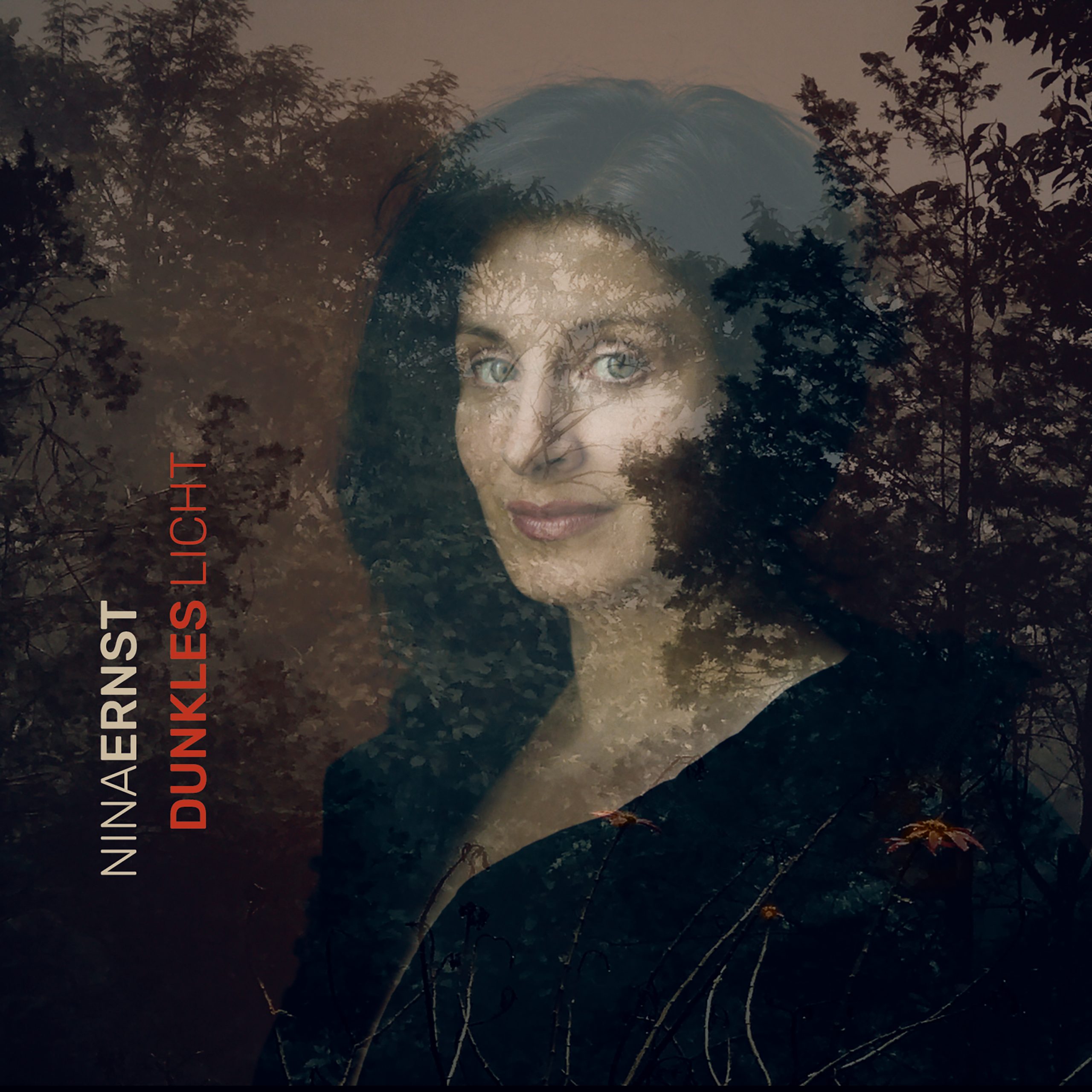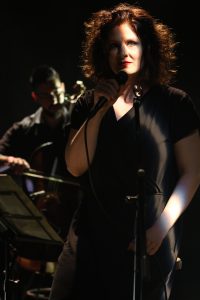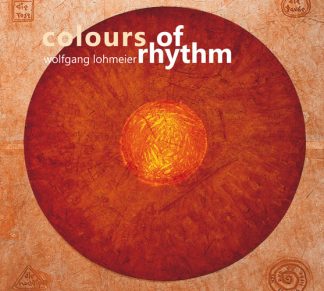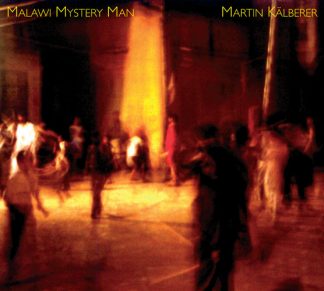Description
Nina Ernst – vocals
Tino Derado – piano
Max Hacker – flutes, clarinet, saxophone
Raphael J. Zweifel – cello
Andreas Weiser – percussion
It was too dark for Berlin singer and actress Nina Ernst in Germany. That’s why she went to Brazil and made an amazing career there. Her album “Nina Ernst canta Jobim” (label: Fina Flor), recorded in the motherland of bossa nova, was praised to the skies by local experts, rather than being torn apart as pretentious. This was followed by several successful tours through the tropical country, during which she combined Brazilian musical traditions with German pop classics from different eras in various shows.
But then came the pandemic, the great decelerator. Where before the whole world was brightly colored, light-soluble, sun-soluble, summer-soluble, suddenly an infinite and seemingly eerie gloom stretched out. But Nina Ernst, as a connoisseur of Brazil’s multi-colored, brightly shining sun, has long appreciated the coloring of darkness. After all, without darkness there is no light, no colors. Light and dark are not the same thing and yet they are not mutually exclusive. This is the ambivalence of the bittersweet twilight. And because someone has to defend the darkness in the sparkle of colors, Nina Ernst uses the quiet phase to write new songs with her own lyrics around this comforting realization. Shaken straight from the soul, they take a mysteriously poetic and melancholically beautiful, but also humorous and cheerfully ironic, look at the world.
And yes, also on love, of course. Love is at least as ambivalent as darkness. For example, Nina Ernst looks through “The Window” at empty spaces: “The window is old, it only observes as an eye in the sea of time, it listens to the eternal clicking of the clock – and the window once saw us as a couple.” But women don’t let themselves be dragged down by this, they prefer to “give up on men” or take the idiosyncratic sovereignty of cats as a model (“Wenn ich ein Kätzchen wär”), with the notes cheekily nestling in the ear canal like a cuddly house cat.
Musically, the German-language chansons contain various elements of jazz, oriental sounds and classical song. And because the Brazilian ambivalence of “saudade”, that insatiable longing for the absent, captures the mood of many of her songs quite well, Nina Ernst also congenially interprets two beautiful songs by her fellow Brazilian singer Mônica Salmaso, which were written by the composers Nelson Ayres and André Mehmari / Tiago Torres da Silva.
But even if the basic mood is minor rather than major, “Dunkles Licht” does not wallow in melancholy sadness. Nina Ernst shows how even the dark can shine. How faces, gardens and thoughts can shine. Only they do so above all in the reflection of the knowledge of the night. Well, it is potentially “cruel, dark and cold” (as the song “Dein Garten” says), but it is also a space of ecstasy, intoxication and pleasure: “In the dark light I want to dance, I want to see the full moon turn, I want to get intoxicated, get drunk and buy as much gin as I can until the people all go.” The title track of the album “Dunkles Licht” (Dark Light) sounds downright lively in the sparkling piano playing of her co-composer Tino Derado, who arranged the songs, which oscillate between pensiveness, saudade and a cheerful wink, and recorded them with other top-class jazz musicians. Nina Ernst shows that only dark light makes the colors shine. After all, the sea is at its bluest when the sky is already black as thunder, but the sun is still shining on the water through a gap. In a way, “Dunkles Licht” captures this phenomenon in text and sound. And that is a very cheerful prospect.






Reviews
There are no reviews yet.